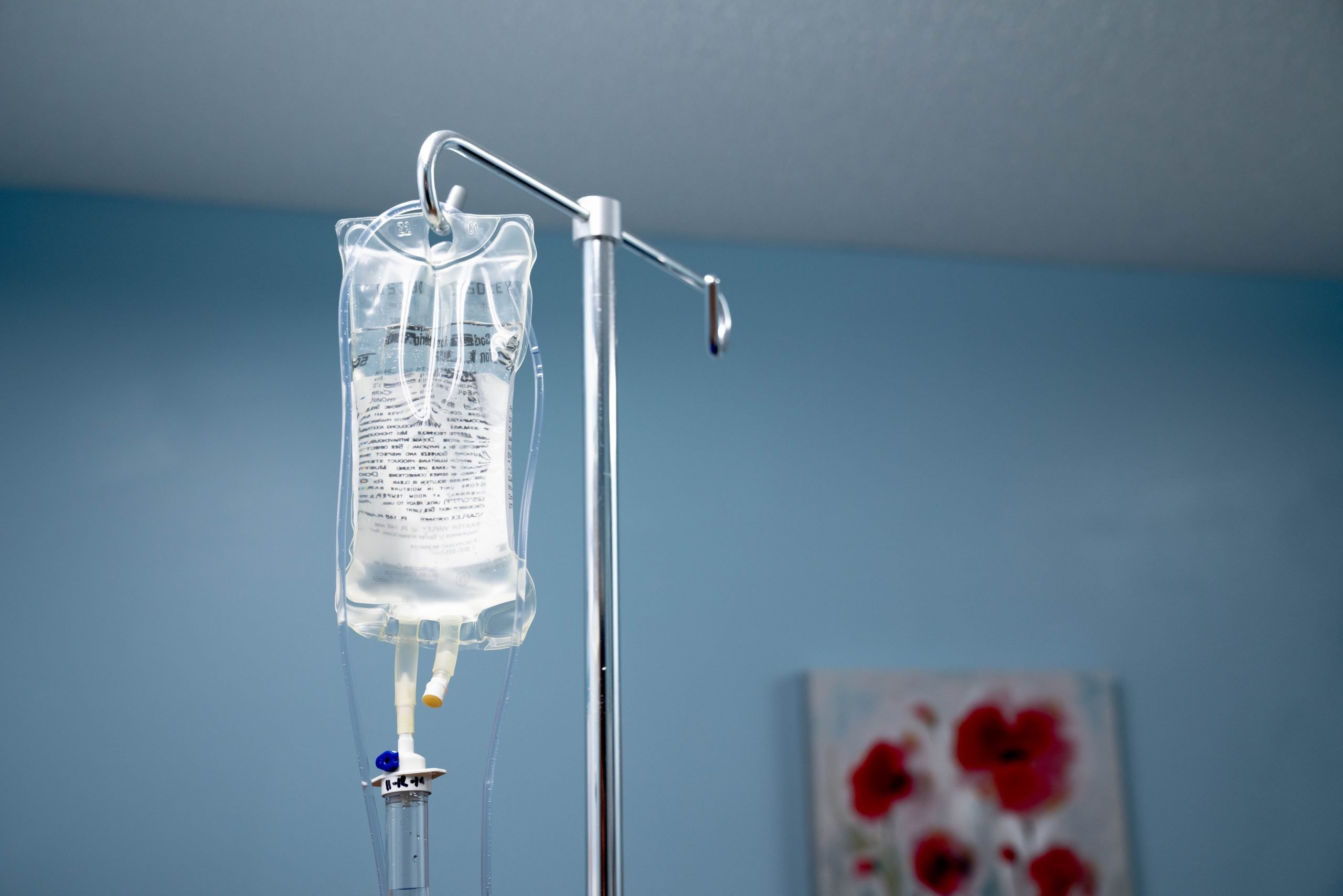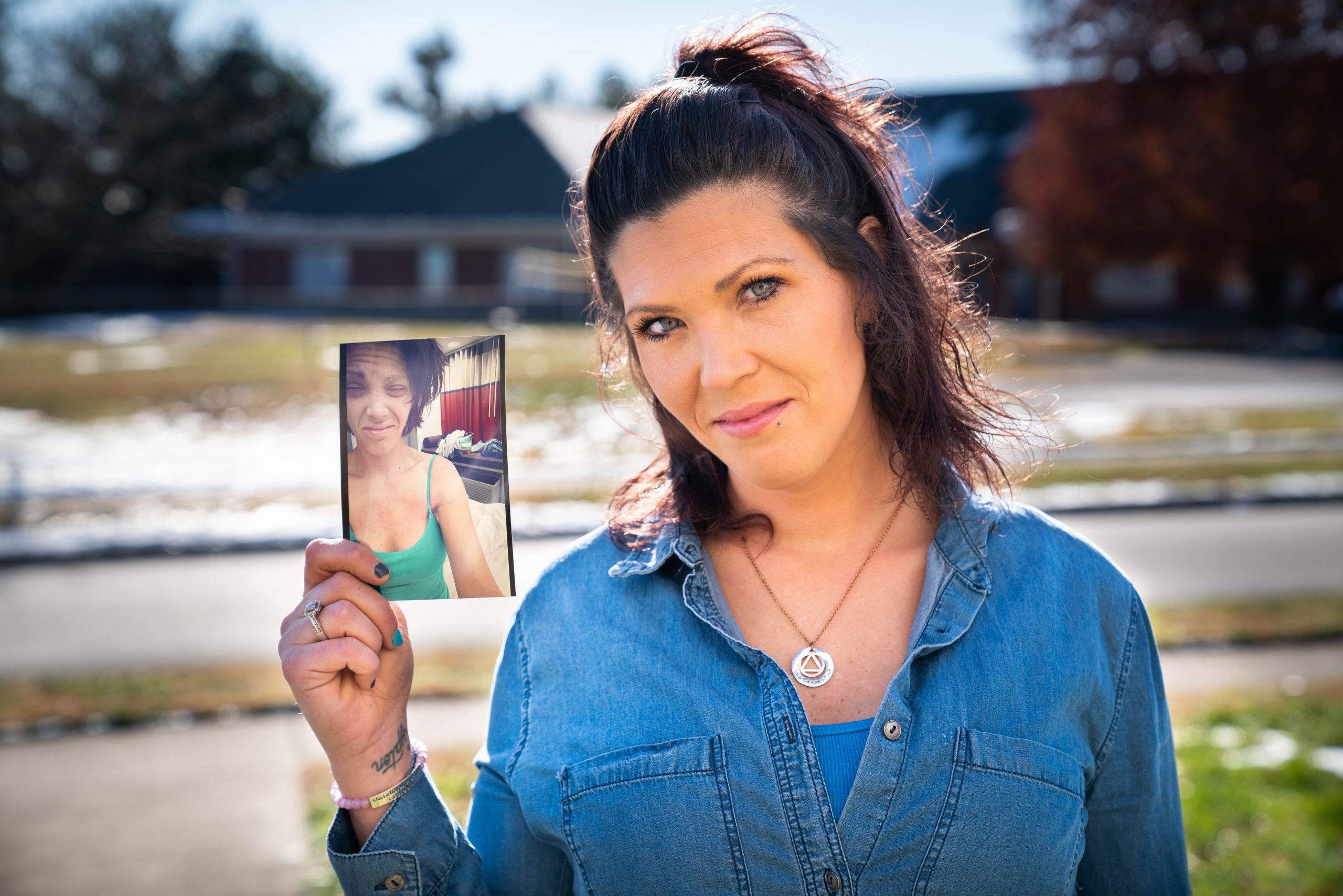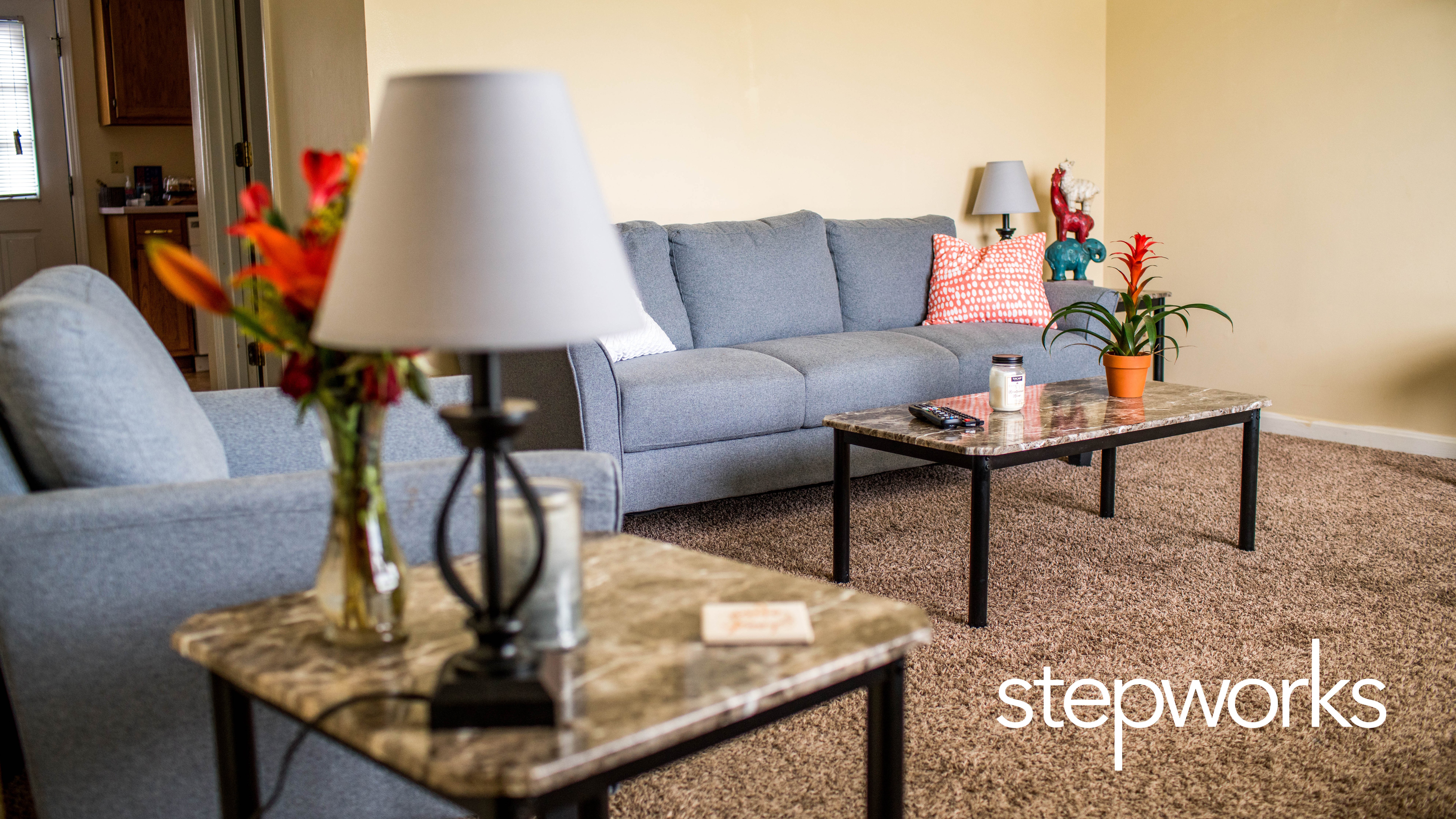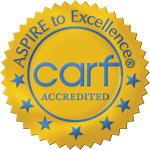
Substance use disorders can have long-lasting emotional, mental, and physical side effects. Many of these side effects are very well known, but the lesser-known lack of good nutrition is one we tackle daily in our treatment programs at Stepworks. Regular consumption of alcohol or other drugs deprives the body of essential nutrients, while many other drugs suppress or increase appetite, wreaking havoc on the overall digestive health of people suffering from addiction. Meth users may go days without eating. Marijuana smokers are notorious for binge-eating junk foods.









